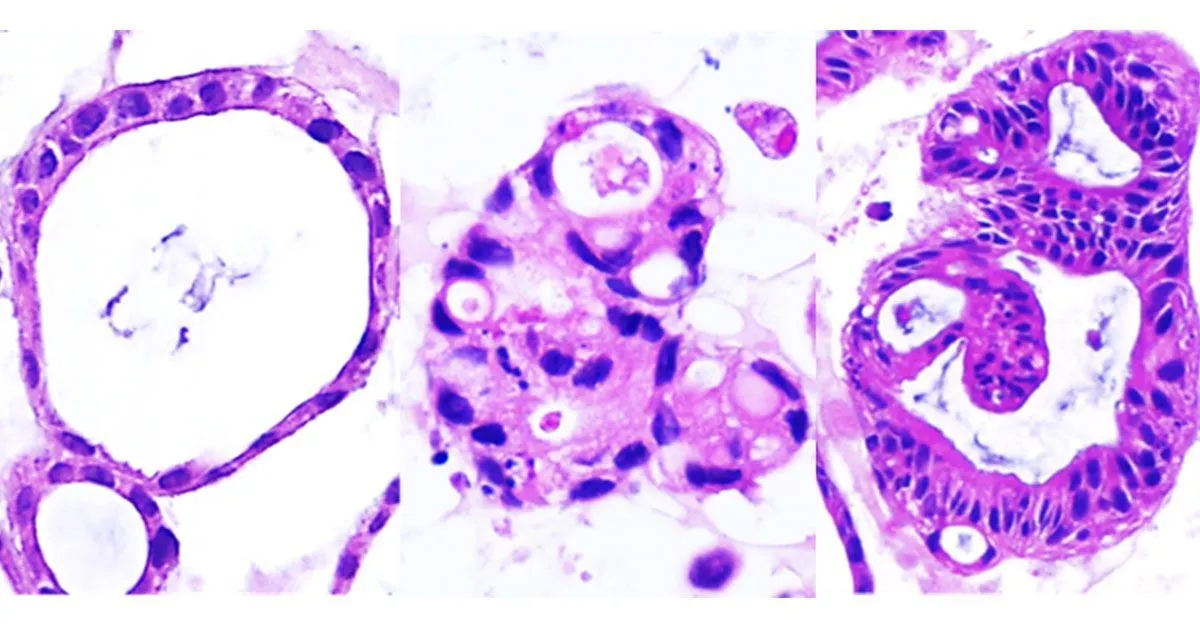Exploring Two Unique Molecular Subtypes of Crohn’s Disease via Gut Stem Cell Organoids

Identifying Molecular Subtypes of Crohn’s Disease
Crohn’s disease can significantly affect the quality of life, with patients often facing severe gastrointestinal symptoms. Recent research utilizing gut stem cell organoids has uncovered two distinct molecular subtypes: Stress-Related Fibrostenotic Crohn’s Disease (S2FCD) and other characteristics. These findings underscore the importance of personalized treatment options.
Understanding S2FCD
Stress and cellular aging play critical roles in S2FCD, leading to increased fibrosis and scarring in the gut. Patients with this subtype often experience:
- Severe abdominal pain
- Nutritional deficiencies
- Frequent bowel complications
This research is pivotal for improving diagnostic methods and therapeutic strategies, ultimately enhancing patient care.
Disclaimer: The information provided on this site is for informational purposes only and is not intended as medical advice. We are not responsible for any actions taken based on the content of this site. Always consult a qualified healthcare provider for medical advice, diagnosis, and treatment. We source our news from reputable sources and provide links to the original articles. We do not endorse or assume responsibility for the accuracy of the information contained in external sources.
This article was prepared using information from open sources in accordance with the principles of Ethical Policy. The editorial team is not responsible for absolute accuracy, as it relies on data from the sources referenced.